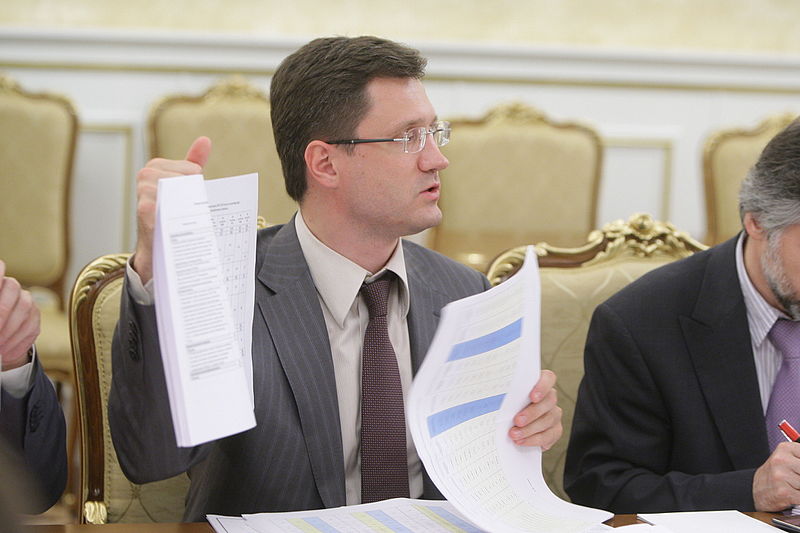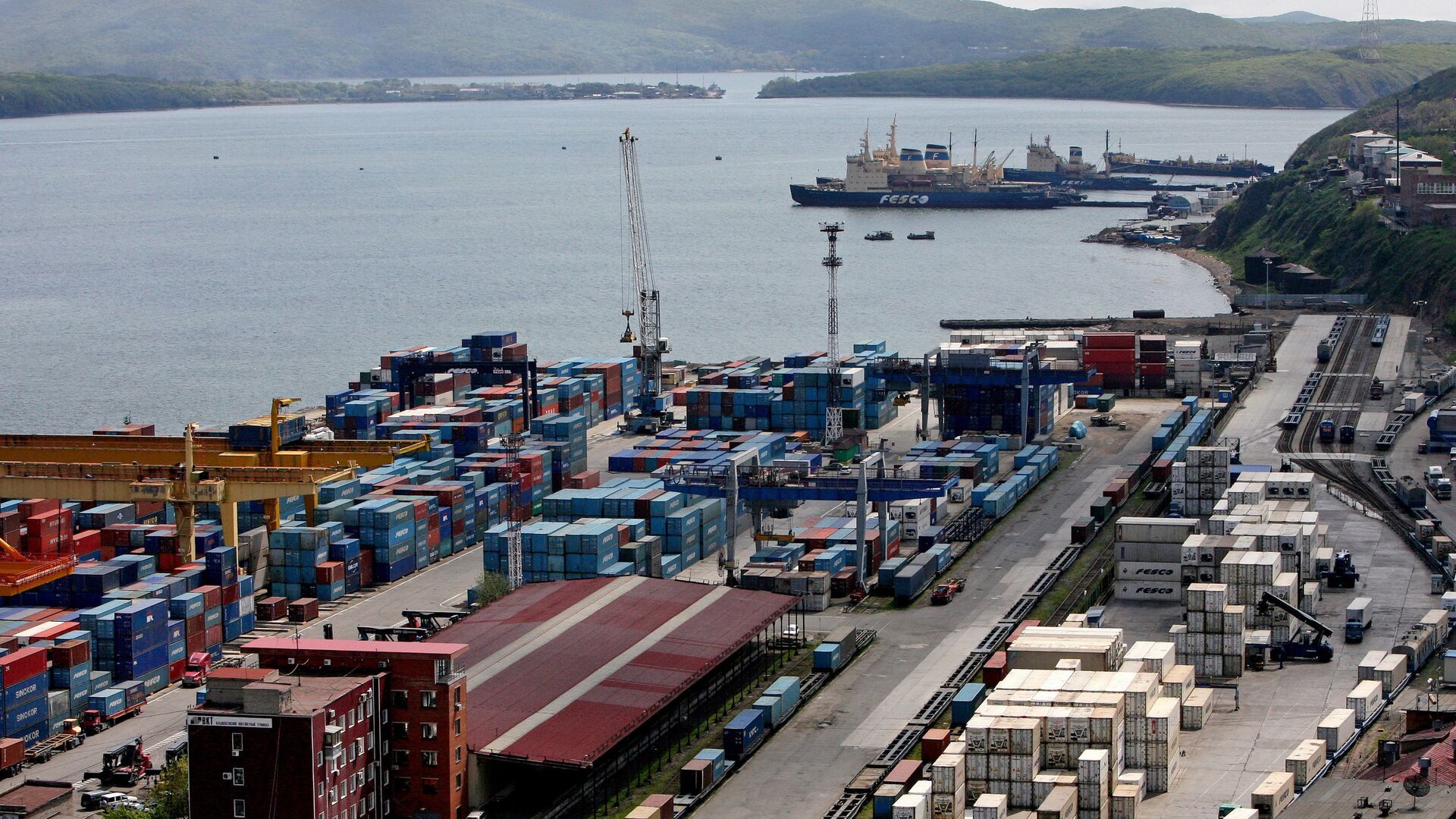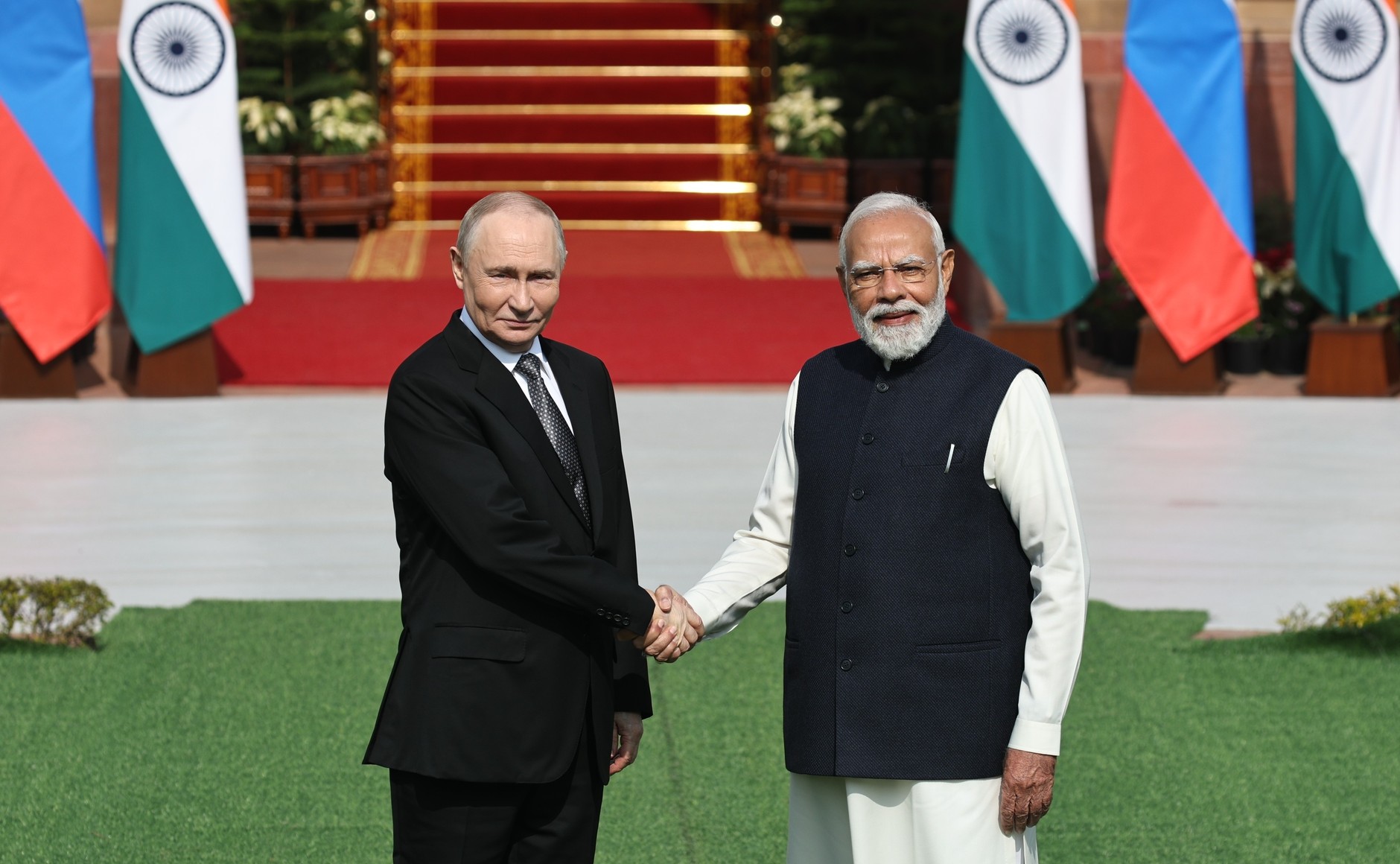
Implications of the Government Reshuffle for Russia’s Oil and Gas Sector
Implications of the Government Reshuffle for Russia’s Oil and Gas Sector
President Vladimir Putin’s surprise cabinet reshuffle at the start of the year (see EDM, January 16, 2020) raised at least two important questions pertaining to the Russian hydrocarbon sector: who would be named the next energy minister, and what policies the new government would pursue to maintain Russia’s position as a leading oil and natural gas exporter. Specifically when it comes to petroleum production and trade, whoever would receive the Ministry of Energy portfolio would need to continue to work closely with inter alia Igor Sechin, the head of the state-owned oil company Rosneft and a longtime Putin confidant.
On January 15, the Russian president announced the resignation of the cabinet and named the heretofore tax administration chief, Mikhail Mishustin, as the new prime minister, while reappointing the former head of government—his longtime loyal subordinate Dmitry Medvedev—to a newly created post of deputy chair of the Security Council. But it took almost a week for most of the other members of Mishustin’s cabinet to be revealed. And among the 12 ministers reappointed to their previous positions, Alexander Novak will be holding on to his post as minister of energy. Novak had served in this role since 2012 (TASS, January 21, 2020). Sechin’s enduring high-level influence suggests that the broad parameters of Moscow’s oil-sector policies will continue this year. But a key issue will be whether the new-old Energy Minister Novak will be able to keep Russia in the OPEC+ oil-price-boosting arrangement with the Organization of the Petroleum Exporting Countries (OPEC)—an agreement the Rosneft head opposes (see EDM, October 2, 2019).
Putin himself has directed Russian energy policy since returning to the presidency eight years ago. That is not expected to change, particularly since Mishustin has no oil and gas background. Sechin, meanwhile, has repeatedly chafed at the OPEC+ agreement’s production quotas, instead wanting Russia to pump as much crude as possible (Vedomosti, June 4, 2019). However, the Kremlin leader opted last year to keep Russia in the OPEC+ arrangement over Sechin’s objections; and that decision has helped keep global oil prices high enough to generate an extra $100 billion in revenue for the country in 2019 alone (RIA Novosti, December 26, 2019).
Throughout his two decades in power, Putin has overseen a massive growth in the country’s oil and gas industries. And this month (January 2020), Russia broke the Soviet Union’s oil-production record by pumping 11.26 million barrels a day from its fields (Interfax, January 2, 2020). Another milestone on Putin’s watch was Rosneft surpassing Saudi Arabia to become China’s largest oil supplier in the first half of 2019. Meanwhile, Gazprom continues to be Europe’s biggest natural gas supplier, despite growing competition for that market. Russian hydrocarbon-sector accomplishments have come despite the United States’ and the European Union’s sanctions for Russia’s seizure of Crimea.
Although his country’s oil and gas picture looks favorable at the moment, Energy Minister Novak faces a number of formidable challenges going into the new year. One is the fact that many of the oil fields Russia has yet to develop are located in eastern Siberia and the Arctic, where the weather is harsh and geological conditions difficult. Rosneft, Surgutneftegaz and other Russian hydrocarbon extraction companies need both Western technology and investment for these projects, but US and European sanctions have eliminated both.
Another challenge for Novak’s Ministry of Energy will be resolving an oil-tax feud that has pitted Russian exporters against domestic producers. In January 2019, the government shifted the tax burden from companies that sell oil overseas to those that pump it out of the ground (see EDM, October 2, 2019). The government changed the tax structure to obtain more money so it could implement Putin’s pledges of higher spending on social services and infrastructure in the next six years. The shift led to $15 billion more a year in producer expenses at a time when Russia’s commitment to OPEC+ forced the companies to limit output. Producers such as Sechin’s Rosneft have demanded rebates to offset their tax hikes. The Rosneft-led campaign led to clashes with the Ministry of Finance, which opposed losing the new revenue for the state budget (Finmarket.ru, January 14, 2020). Finance Minister Anton Siluanov (who has also been reappointed to the same post in the Mishustin government) and the head of the Russian parliament’s financial authority, Alexei Kudrin, persuaded Putin to slap a moratorium on rebates in July 2019—but lobbying for that moratorium to be dropped is unlikely to let up in 2020 (Kremlin.ru, January 20, 2020).
One of Sechin’s arguments in favor of the rebates is that producers need those lost revenues to develop fields in eastern Siberia and the Arctic. Another is that the industry needs the money to meet Putin’s demand that it continues developing the Northern Sea Route to accommodate 100 million tons of oil shipments a year. Sechin’s latest plea for financial allowances came on January 9, just a week before the government resigned, in a letter to then–prime minister Medvedev. He called for 2.6 trillion rubles ($30 billion) worth of tax relief (Neftegaz.ru, January 10, 2020). Tellingly, one of Medvedev’s last acts as head of government was granting state subsidies to another Sechin-owned company—the Zvezda shipyard (RIA Novosti, January 17, 2020).
Whether Sechin ultimately prevails in his campaign for oil-producer rebates will likely depend on the relative resolve of the ministers of energy, finance, development in the Far East and the Arctic, and economic development—and whether or not the Kremlin ultimately comes out in favor of the domestic oil producers. A wild card is whether the regional governments in the Far East and the Arctic gain more independence from Moscow under Putin’s constitutional reform plan. If they do, they are likely to themselves pass a regional tax on oil, gas and minerals. Such levies would provide much-needed financial relief to those economically troubled regions; but they would not be looked upon kindly by powerful, politically connected energy-sector players like Sechin’s Rosneft.
In the year ahead, Russia’s new cabinet faces difficult decisions on energy-industry development versus increased spending on social services and infrastructure. Lower taxes will give the oil and gas industries more capital for expansion, but the government less revenue to help the population. A fight over the proper balance between these largely diverging policy interests will almost certainly be intense.


